Top police officers to face jail for ‘Lawyer X’
Senior police face the threat of criminal charges and the trials of notorious drug criminals may have been compromised.
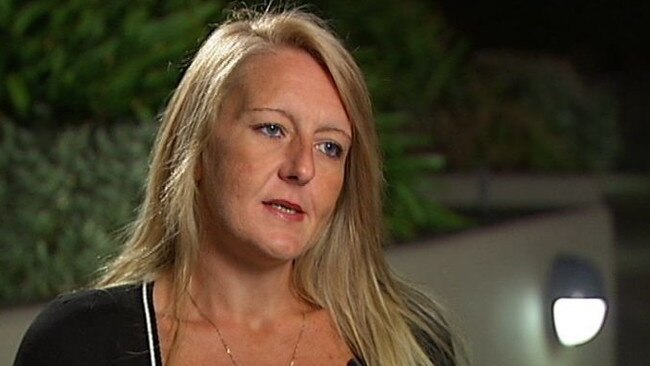
Senior serving and former Victorian police officers face the threat of criminal charges and the trials of some of the nation’s biggest drug criminals may have been compromised, according to a bombshell report by the Lawyer X royal commission.
Counsel assisting the commission said there were three possible criminal charges police officers faced over their “noble cause corruption”.
Chris Winneke QC said former chief commissioner Graham Ashton tried to justify potential police corruption and failed in his responsibility to ensure police officers acted ethically and in compliance with the law.
The submissions said it was open to the commission to conclude lawyer-turned-supergrass Nicola Gobbo failed to act in her clients’ best interests, while in turn the former barrister accused counsel assisting of pursuing her as a “stand-alone target”.
Victoria Police should have informed jailed drug lord Tony Mokbel and the courts of the informant status of Ms Gobbo, according to counsel submissions to the royal commission.
Mr Winneke submitted that as well as failing to disclose Ms Gobbo’s role, Victoria Police failed to take any steps to have matters of public interest immunity considered by the state prosecutor, the office of the Victorian solicitor or the courts.
He also submitted that Victoria Police had an obligation to ensure Mokbel’s right to a fair trial by making relevant disclosures over the role of Ms Gobbo.
Thousands of pages of counsel assisting submissions to the royal commission into the management of police informants were published on Tuesday night. They provide an insight into what the final report could recommend.
Mr Winneke said the three possible charges that could be laid against senior officers were: misconduct in public office, which carries a possible 10-year prison sentence; attempting to pervert the course of justice; and aiding, abetting, counselling, procuring, or conspiring with Ms Gobbo to obtain property or financial advantage by deception.
Mr Winneke said “noble cause corruption” would likely continue within Victoria Police if the underlying causes were not addressed, leaving Victoria to pay the high price of ongoing miscarriages of justice.
“In this inquiry, the commission has seen that two of the participants, the barrister and the police, engaged in, in many cases, collusive behaviour that has potentially had catastrophic consequences to the criminal justice process,” he submitted.
Mr Winneke said that, despite several reviews into Victoria Police, there remained an enduring culture of the end justifying the means within the organisation. He pointed to examples where important decision-making by senior officers was not recorded in minutes.
“This appears to have been a deliberate decision,” he said.
He also referred to records being “manipulated” that could have improperly concealed information from the courts and efforts to ”cover up the use of Ms Gobbo as a human source”.

Mr Winneke took aim at Mr Ashton for justifying potential police corruption in media interviews following a High Court decision in December 2018 to overturn a suppression order.
He submitted that it was open to the commission to find that Mr Ashton “expressed the view that the ‘pub test’ is a more acceptable standard of police conduct than what the rule of law requires”.
In Mr Ashton’s response, his lawyer submitted that the former chief commissioner hadn’t been afforded procedural fairness and there was an “insurmountable difficulty” in making the findings as his remarks were not put before the commission. “In any event, Mr Ashton has made it clear in the past and repeats here, that he does not approve of noble cause corruption,” the response said.
Ms Gobbo represented underworld heavies in the mid-2000s — when gangland rivalries saw criminals murdered in broad daylight in Melbourne suburbs — before becoming a registered informant for Victoria Police in 2005.
Mr Winneke said that in acting in the dual role of lawyer and police snitch, Ms Gobbo may have denied her clients independent legal representation and “breached her duties to the administration of justice, to the court, and to her client”.
Mr Winneke said that, on the facts before the commission, Ms Gobbo and Victoria Police’s conduct could be regarded as “fresh and compelling” evidence that could be used in appeals.
“As noted above, cases will inevitably turn on their facts as to whether there was a sufficient connection between the conduct of Ms Gobbo and Victoria Police members and the conviction upon trial of the accused, or the accused’s plea of guilty, to potentially result in a substantial miscarriage of justice,“ Mr Winneke said in his submission. “However, should that and the other preconditions be satisfied, the relevant question is then whether the appellant had suffered a substantial miscarriage of justice.”
In her response to the submissions, Ms Gobbo accused counsel assisting of “adopting a preconceived narrative” and falling into the temptation of pursuing her as a stand-alone target. The former barrister further took aim at former Victoria Police chief commissioner Simon Overland, saying everything she did was with the imprimatur of the force.
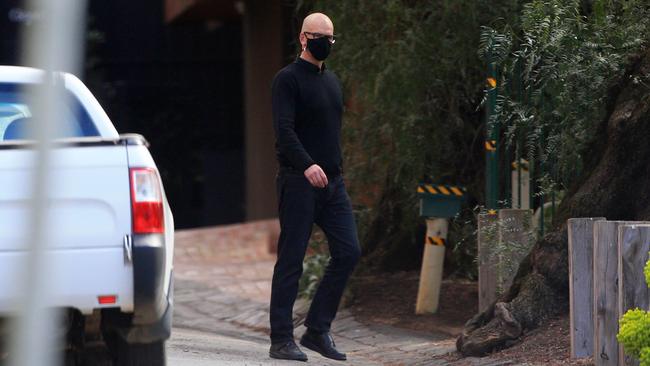
“The evidence shows that it was not the SDU, but rather the senior decision-makers, who were responsible for Ms Gobbo’s use — primarily Mr Overland,” her submission said. “The SDU were providing a service to the investigators. The investigators were reporting up to Mr Overland.”
Ms Gobbo said she would not comment on which criminals may win freedom because of her conduct and defended her behaviour by claiming that “many criminals provided [her] with information in a social setting or in a setting where they were discussing new criminal offending for which they had not been charged”.
Victoria Police apologised on Tuesday night for its role in the Lawyer-X scandal, saying allowing Ms Gobbo to inform on her clients was “profoundly wrong”.
“It was an indefensible interference in the lawyer/client relationship, a relationship that is essential to the proper functioning of the criminal justice system and to the rule of law,” she said.
“Our failure at that time to ensure that these circumstances were identified and disclosed was also a significant and missed opportunity to right a wrong.”
Royal Commission head Margaret McMurdo QC said she would not recommend criminal charges be laid against anyone for their role in the scandal, despite having the power to do so. She left the decision to the Victorian Director of Public Prosecutions.
“Any charges must then be determined in a court on the criminal standard requiring proof beyond reasonable doubt where anything Counsel Assisting or this Commission has said about them is not evidence,” she said.

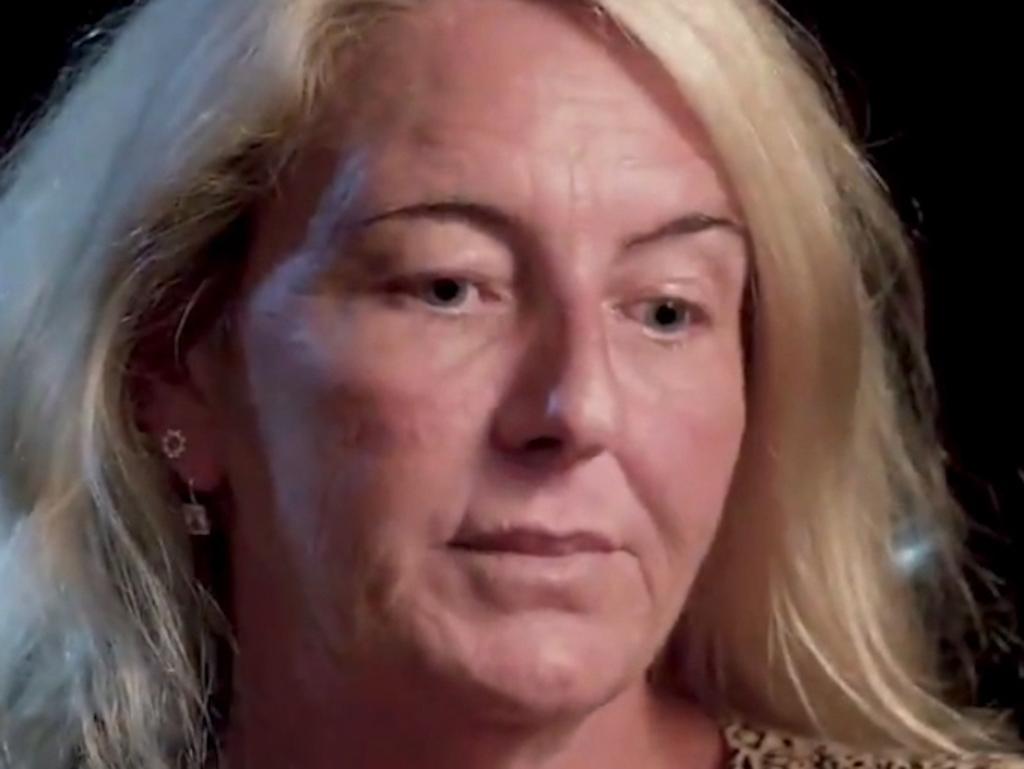
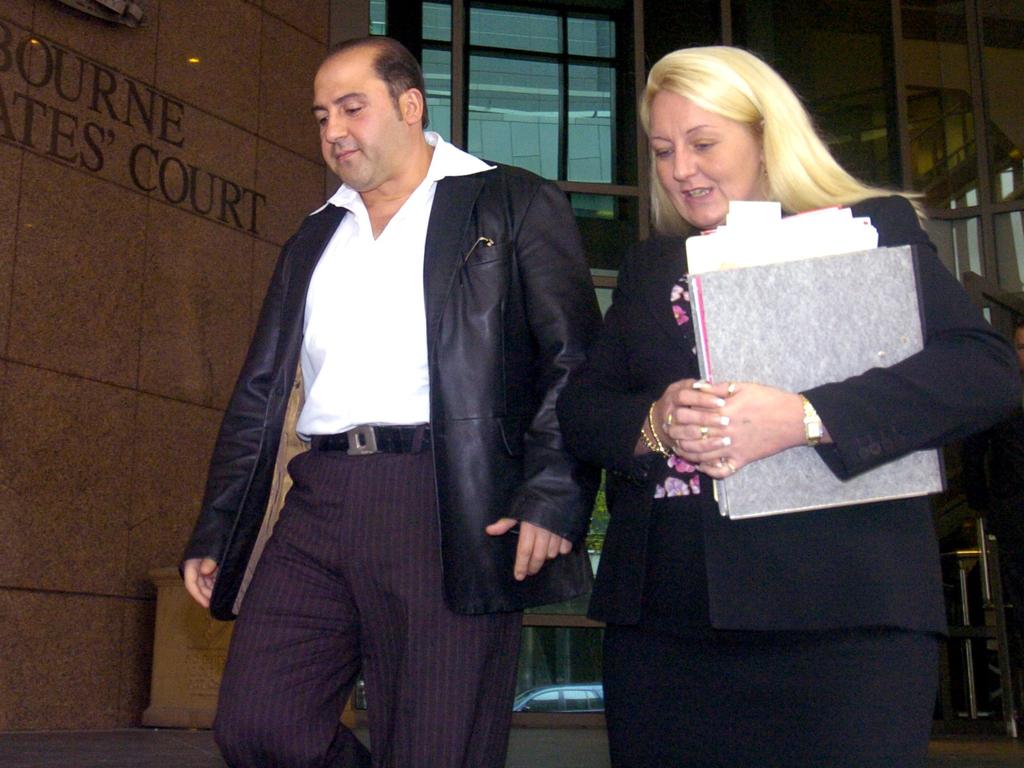
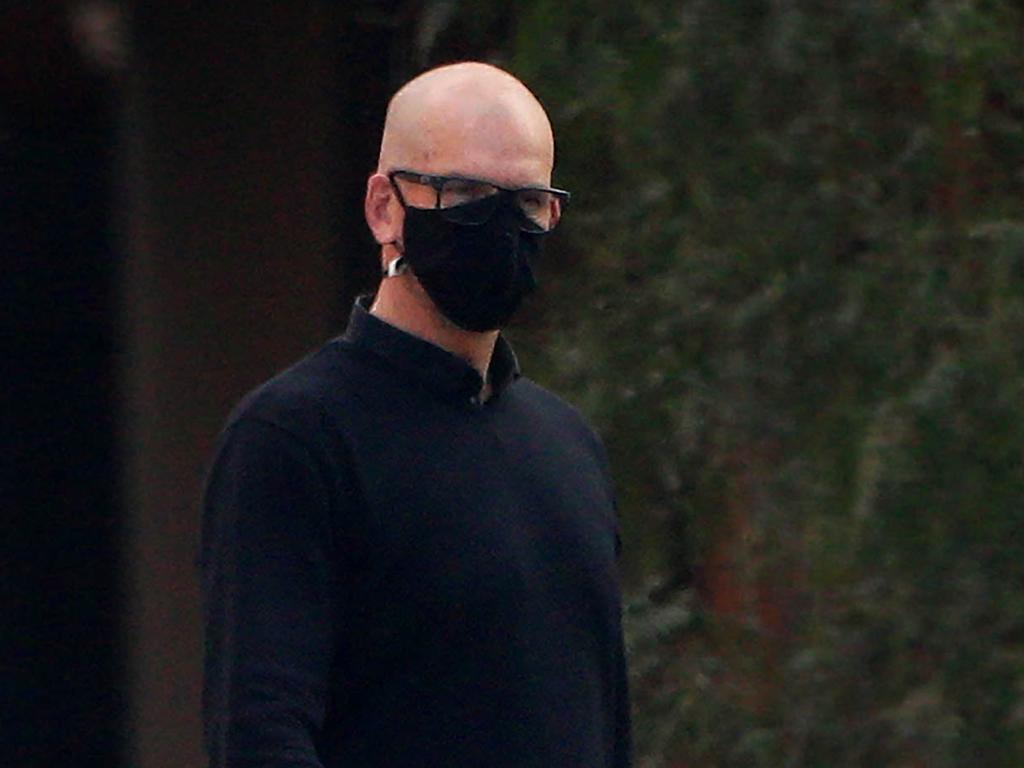
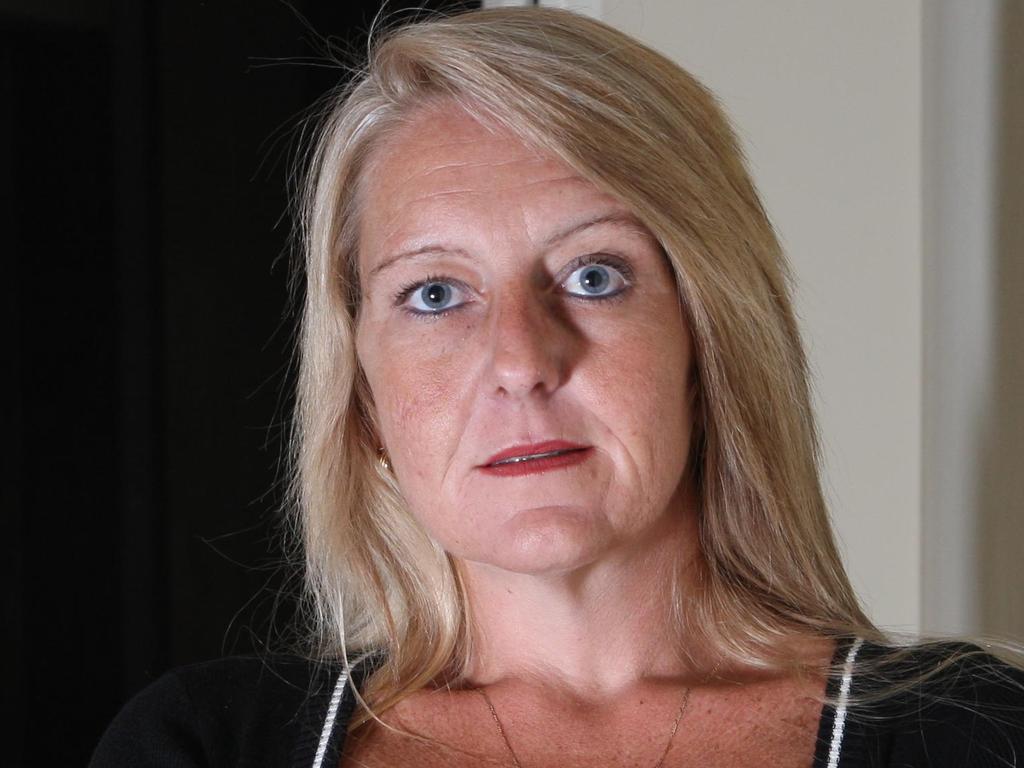


To join the conversation, please log in. Don't have an account? Register
Join the conversation, you are commenting as Logout